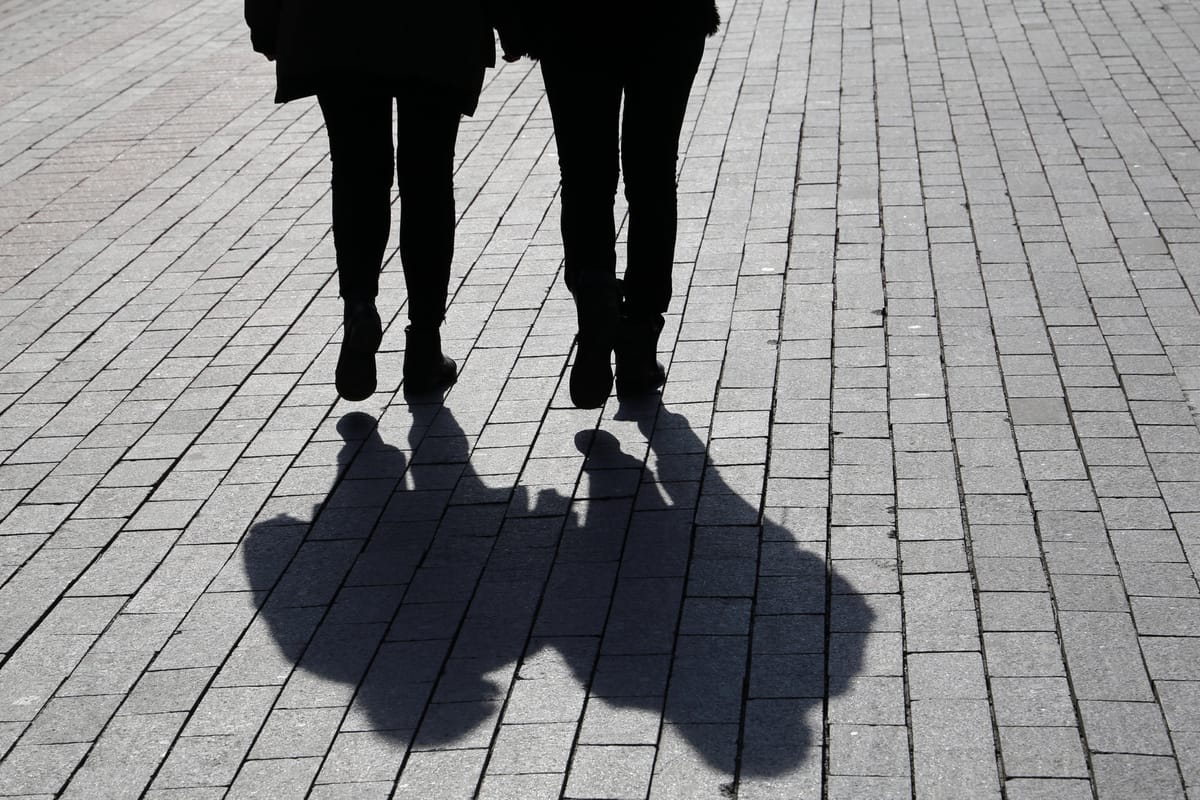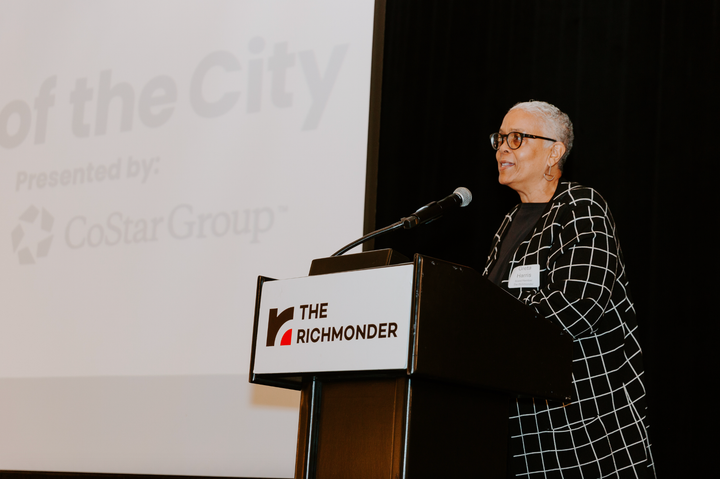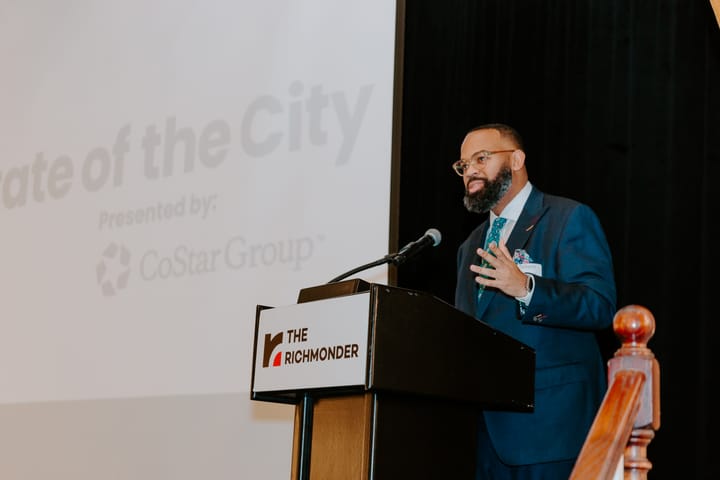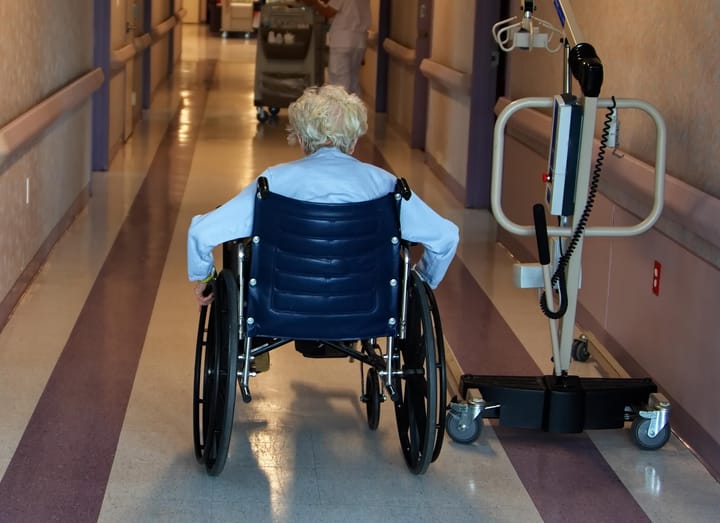
On Faith and Values: Whose Back Have You Got?
It was May 1935, and an alcoholic and New York stockbroker named Bill W. was in Akron, Ohio, pondering his next move after watching a business deal come apart. He’d been sober for several months, but in the wake of the deal’s demise, the hotel bar was putting out a serious siren call. In a moment of clarity that changed his life, and the lives of thousands of others, he decided that what he really needed wasn’t another buzz—it was another alcoholic. He made some calls in a hotel phone booth (hey, it was 1935), which led to a meeting the next day with Dr. Bob S., a local surgeon. It turned out to be a historic meet-up: They encouraged each other, formed a support group, and together eventually founded Alcoholics Anonymous. Today, AA has more than 2 million members and 118,000 groups in some 180 countries.
I don’t know of many better examples of how we humans need each other. AA is built on the understanding that we all desperately need the support of a community—especially one that comes with an aura of non-judgmentalism. Finding that kind of environment is, in many ways, finding home.
“Home is about love, relationship, community and belonging, and we are all searching for it,” says pastor and filmmaker Erwin Raphael McManus. “When we belong to God, we belong to each other. There are no outsiders…If it isn’t enough of a gift to receive God’s endless and unconditional love, it gets even better than that—he gives us each other.”
As we’re all essentially on the same journey, having each other isn’t a luxury. It’s a must-have. All of us humans are out there seeking the things McManus lists above, including, perhaps most of all, the reassurance that we’re not alone. Bill W. needed to know that he wasn’t the only guy in Akron that night fighting the bottle. I need to know that there are others with struggles like mine.
We all also know, at some level, that we don’t have life entirely figured out, and as we’ve struggled to do so, we’ve managed to get some things pretty wrong. Again, we need the assurance that we’re not the only ones with screw-ups on our resumes.
“Community is always a part of healing,” is how pastor Nadia Bolz-Weber puts it.
The faith community, though, has in no way cornered the market on the importance of community. Our culture’s strong emphasis on individualism seems to be taking a toll, to the point that U.S. Surgeon General Vivek H. Murthy issued an advisory in 2023 entitled “Our Epidemic of Loneliness and Isolation,” explaining it this way:
“When I first took office as Surgeon General, I didn’t view loneliness as a public health concern. But that was before I heard stories from my fellow Americans that surprised me. People began to tell me they felt isolated, invisible, and insignificant…People of all ages and socioeconomic backgrounds, from every corner of the country, would tell me, “I have to shoulder all of life’s burdens by myself’.”
He decided to put out the advisory because “loneliness and isolation represent profound threats to our health and well-being,” and offered some advice about how to prioritize, in small steps every day, strengthening our connections and relationships.
That’s not an easy task for many who feel alone because it often means making the first move. Here’s the best advice I’ve come across in a while, from author N.D. Wilson, in his book Death by Living: “A 10-year-old boy. An insecure girl. A lonely neighbor. Anyone thirsty. Anyone hungry or sick. Lives and generations and history are there for the tipping. You have hands. You have words. You have something. Touch the scales. Touch the least of these… God is a God of galaxies, of storms, of roaring seas and boiling thunder, but He is also the God of bread baking, of a child's smile, of dust motes in the sun.”
The Richmonder is powered by your donations. For just $9.99 a month, you can join the 1,200+ donors who are keeping quality local journalism alive in Richmond.






